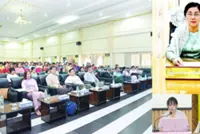WHEN you are in retirement and swindled off your life savings with no means to get new income sources, what do you think should be the best punishment for the scammer?
This is an important question that the Finance Minister should address when he delivers his maiden budget this Friday.





